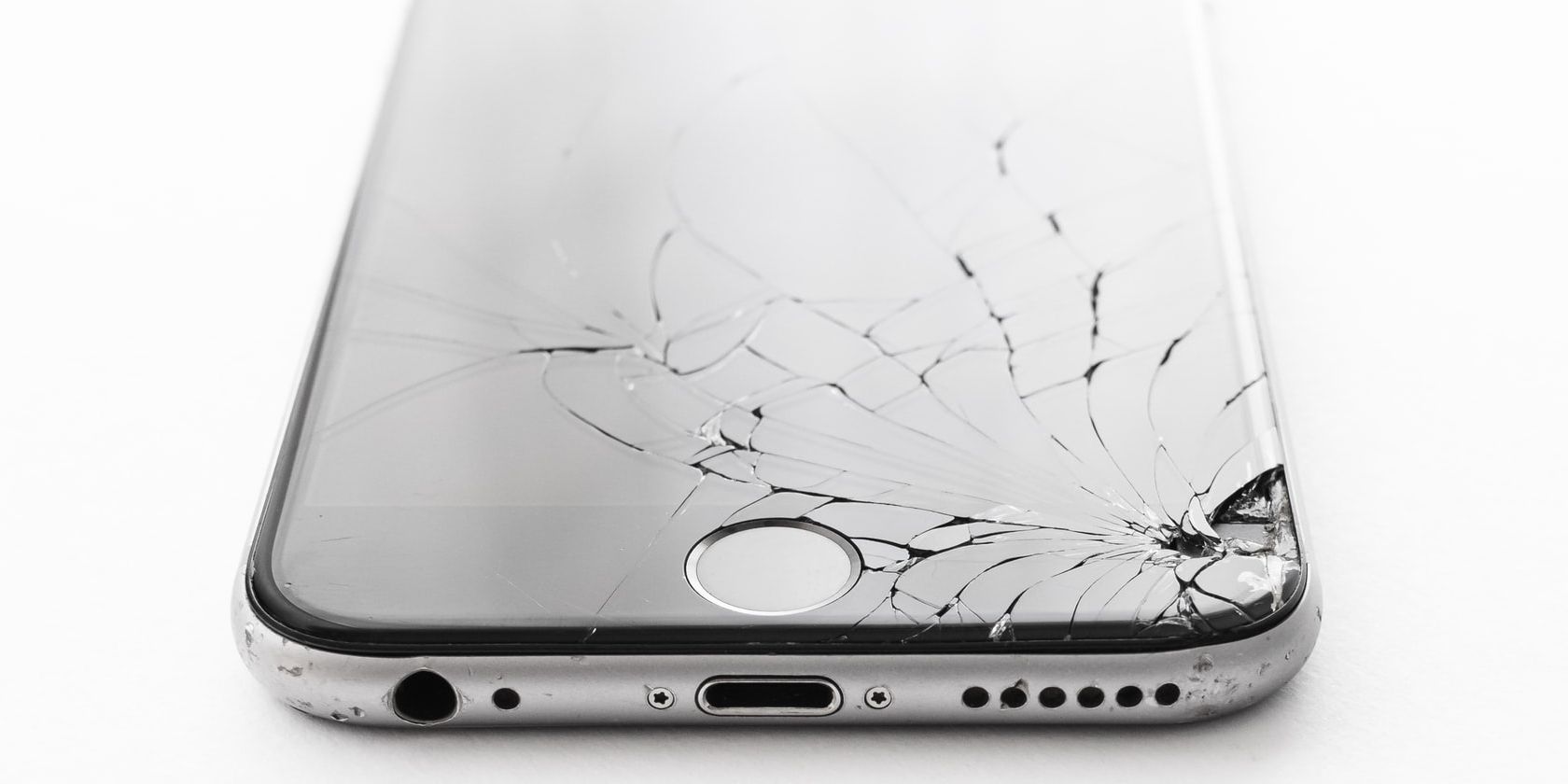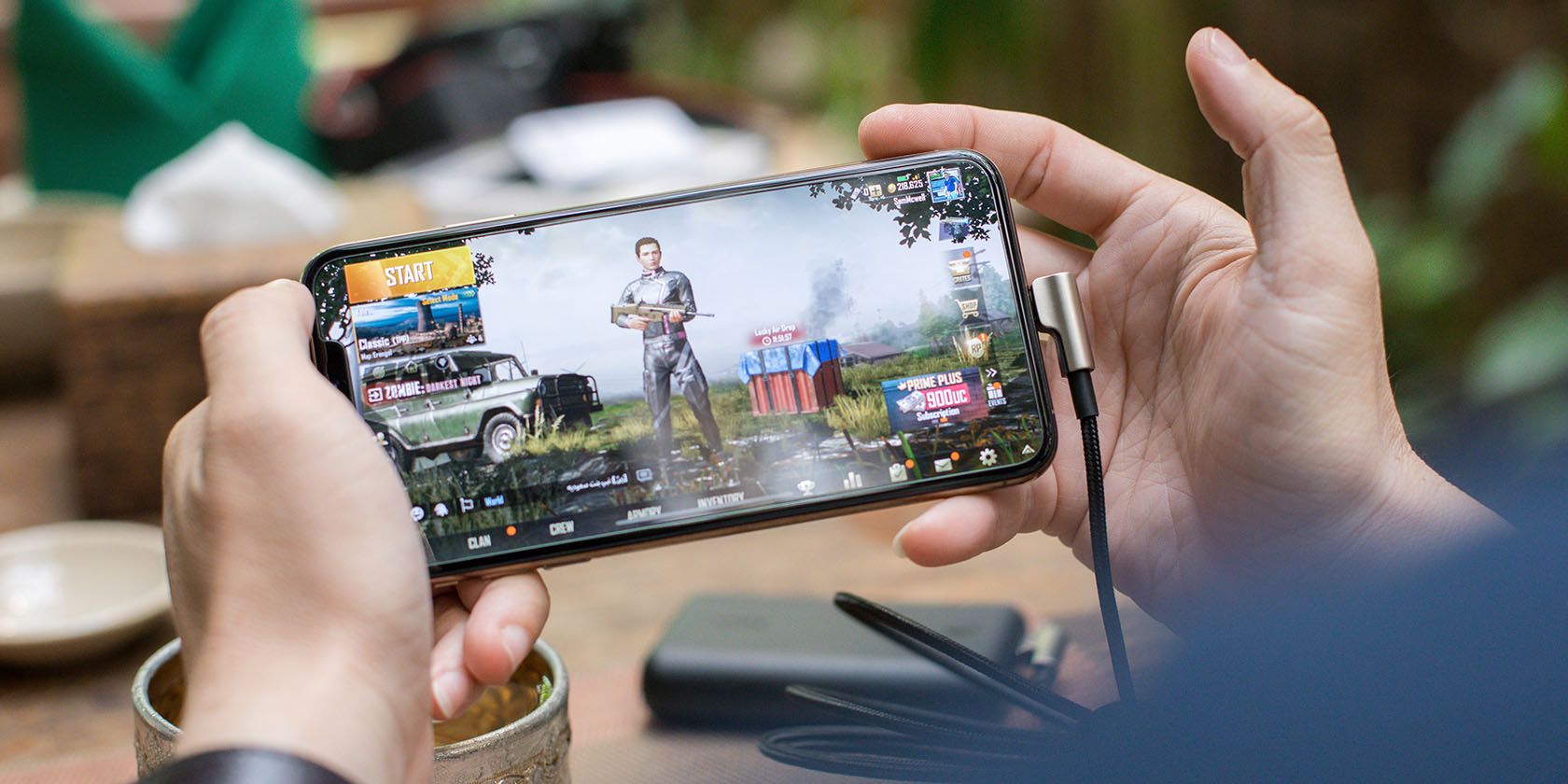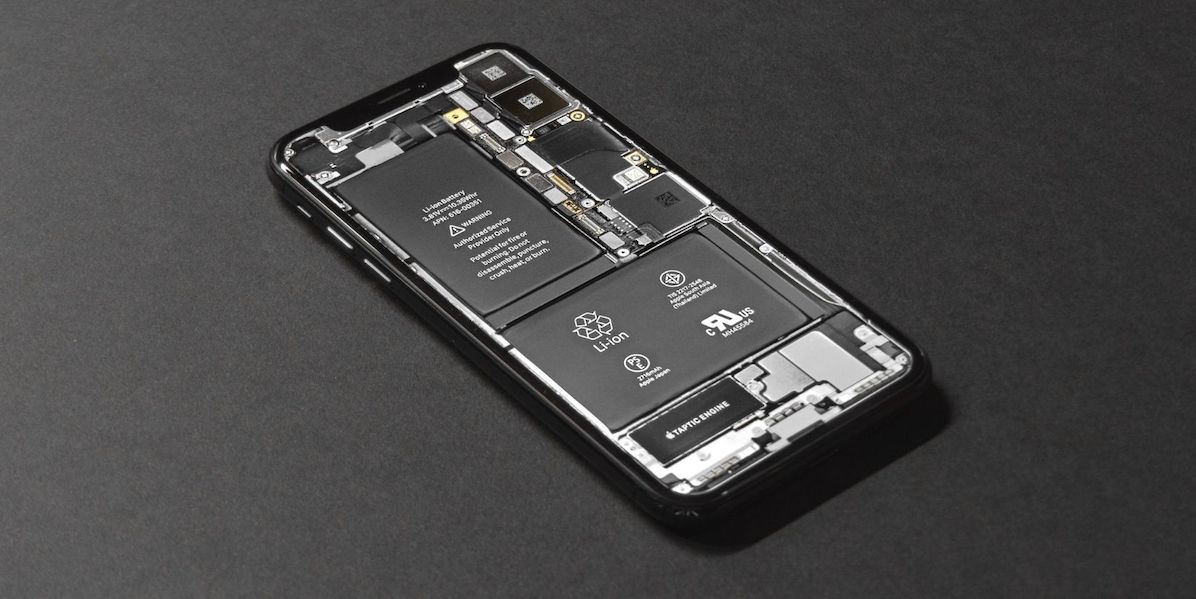We all look for a good deal when buying a new phone, checking out its specs and features to see if it meets our needs. But it’s very rare that any of us plan how long we actually want to keep our phones; we just upgrade when we think we need to.
Sure, tech companies want you to upgrade ASAP, but should you? How often should you change your phone? What affects a smartphone’s lifespan in the first place and how can you extend it? Let’s find out.
What affects the lifespan of a smartphone?
Smartphones degrade like any other electronic gadget, but their lifespan can vary greatly depending on what type of user you are, how you use your phone, where you live and how you take care of the device.
If you use your phone for long periods of time each day, it will naturally experience more wear and tear. But if you spend a large part of your day on your laptop or PC, your phone stays intact longer and therefore doesn’t suffer as much abuse.
If you’re clumsy and prone to dropping your phone, it can quickly develop cracks and dents. And if you live in a place with extreme weather conditions, the battery will be very drained and your phone may not work properly for a very long time.
The quality of the material inside your phone also affects its lifespan. Flagships use high-quality materials and will last longer, while budget phones often use components that are already outdated and will therefore become obsolete faster.
Finally, how you take care of your phone also plays a huge role in its lifespan. Here are some good habits to follow to prolong the life of your phone:
- Delete unnecessary apps and old files to avoid bloating your storage space.
- Don’t play graphics-intensive games that your phone can’t handle.
- Use a case and screen protector to protect yourself from drops.
- Follow battery health guidelines and avoid overnight charging.
- Regularly clean dust and debris from your phone’s ports.
- Do not download apps and files from unverified sources.
- Restart your phone at least once a week.
Signs you should update your smartphone
Many people update their phone because their current phone has developed issues. If that’s the case, we recommend that you research what’s wrong with your phone first, so you know if it’s worth fixing your current phone instead of buying a new one.
However, don’t ignore the signs that it’s time to upgrade. Perhaps the most common is that your battery drains quickly, and while there are ways to extend battery life on Android, the most practical option is to buy a brand new phone.
You would need to upgrade immediately if any critical component started to malfunction. Maybe the mic and speaker got clogged or damaged, preventing you from having clear calls. Or maybe the charging port has been damaged and your phone is no longer charging.
If your phone has become too slow, it usually means that the processor is no longer able to keep up with the system requirements to constantly improve apps and games.
If you run out of storage, you can transfer some data to an external hard drive or SD card, but it is more convenient to buy a new phone with higher storage capacity.
Another reason to upgrade is that your phone no longer receives software updates from the manufacturer. iPhones get five to six years of support, but Android phones are limited to three years, with the only exception being Samsung phones which get four years of updates.
Each of these reasons is enough to consider buying a new phone.
How often should you upgrade your phone?
How often you upgrade your phone depends on two main things: your needs and your budget. Our detailed guide on how much to spend on a smartphone shows you the features you can expect in each price bracket. But depending on what type of user you are, the shelf life of your phone will vary.
Improve your phone every year
Updating your phone every year doesn’t make sense to most people. But that’s understandable if you’re someone who works with technology for a living or if you’re an enthusiast who wants (and can afford) to experience the latest innovations before anyone else.
Upgrading every year also means you never have to worry about your battery degrading since you get a new one with each new model. You also get the latest chip and camera system for better gaming and photography experience.
Upgrade your phone every three years
Most people update their phones every two or three years. At that time, the battery starts to get troublesome and Android phones stop receiving updates. It’s also usually enough time for tech companies to introduce new features you might want on your next phone.
So, three years is enough to consider upgrading your phone, but only if you know you will actually benefit from a new phone and its features. If your current phone is working fine after three years, you can simply replace its battery to extend its life.
Upgrading your phone every five years or later
Upgrading your phone every three years is fine for most people, but it might not be for you. For example, a modern flagship phone is already upgradeable enough to last more than five years, assuming you don’t worry about having the latest software updates and can replace the battery later.
This makes more sense for older users and children, as they simply don’t need the latest features; their needs tend to be more basic and are unlikely to change any time soon. Their use case is limited to basic functionality such as calling, texting, web browsing, YouTube playback, social media usage, and light photography.
Upgrade your phone when you really need it
A smartphone is a tool for some and an essential way of life for others. Depending on which camp you belong to, your priorities will be different. Don’t upgrade your phone just because the new model looks fancier; companies can be persuasive enough to get you to buy what you don’t need.
If you’re tempted to upgrade just because you’re bored with your phone, you can try all sorts of tricks to make it new again, especially on Android. The longer your phone stays with you, the longer it stays away from a landfill somewhere, and the more money you save over time.







